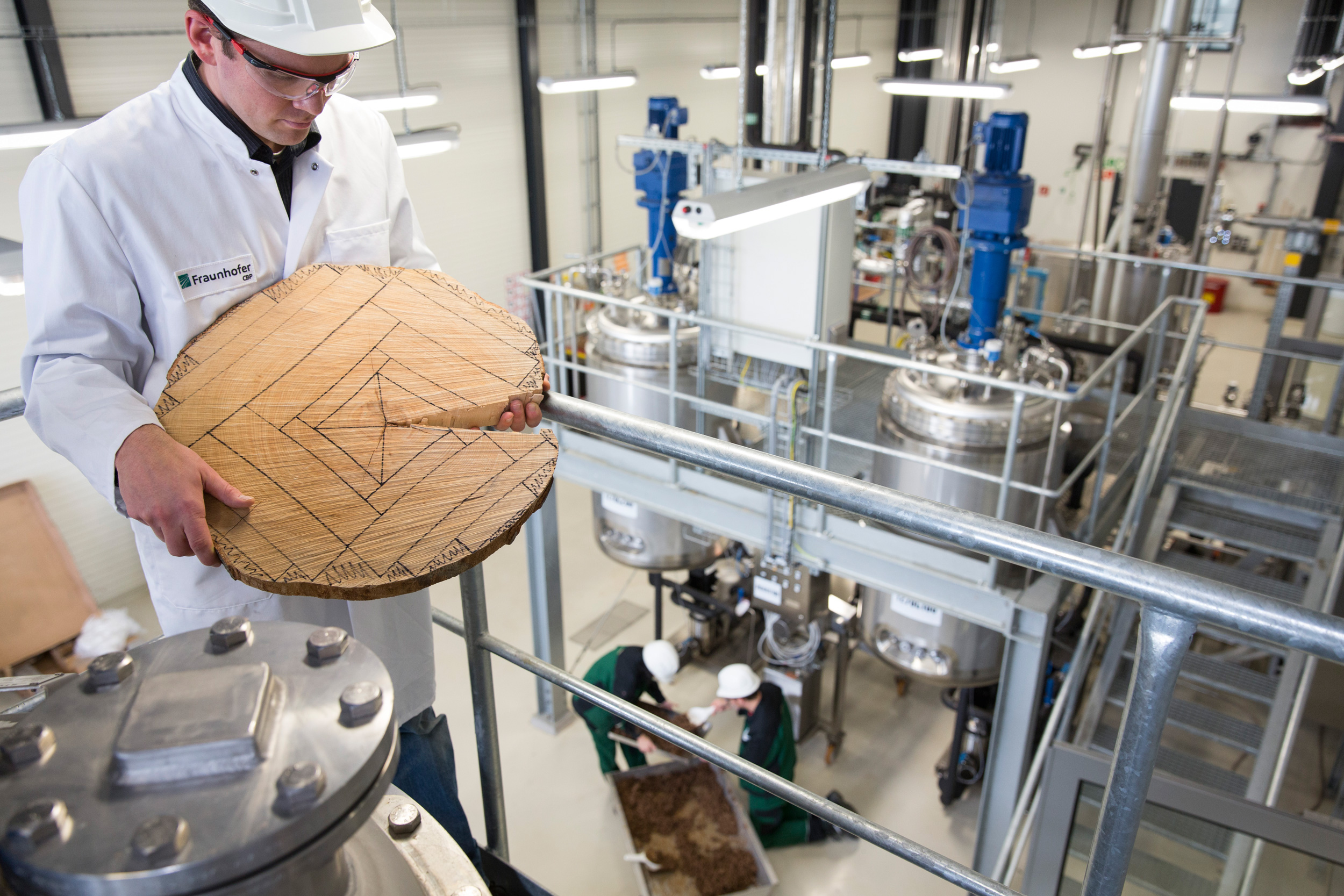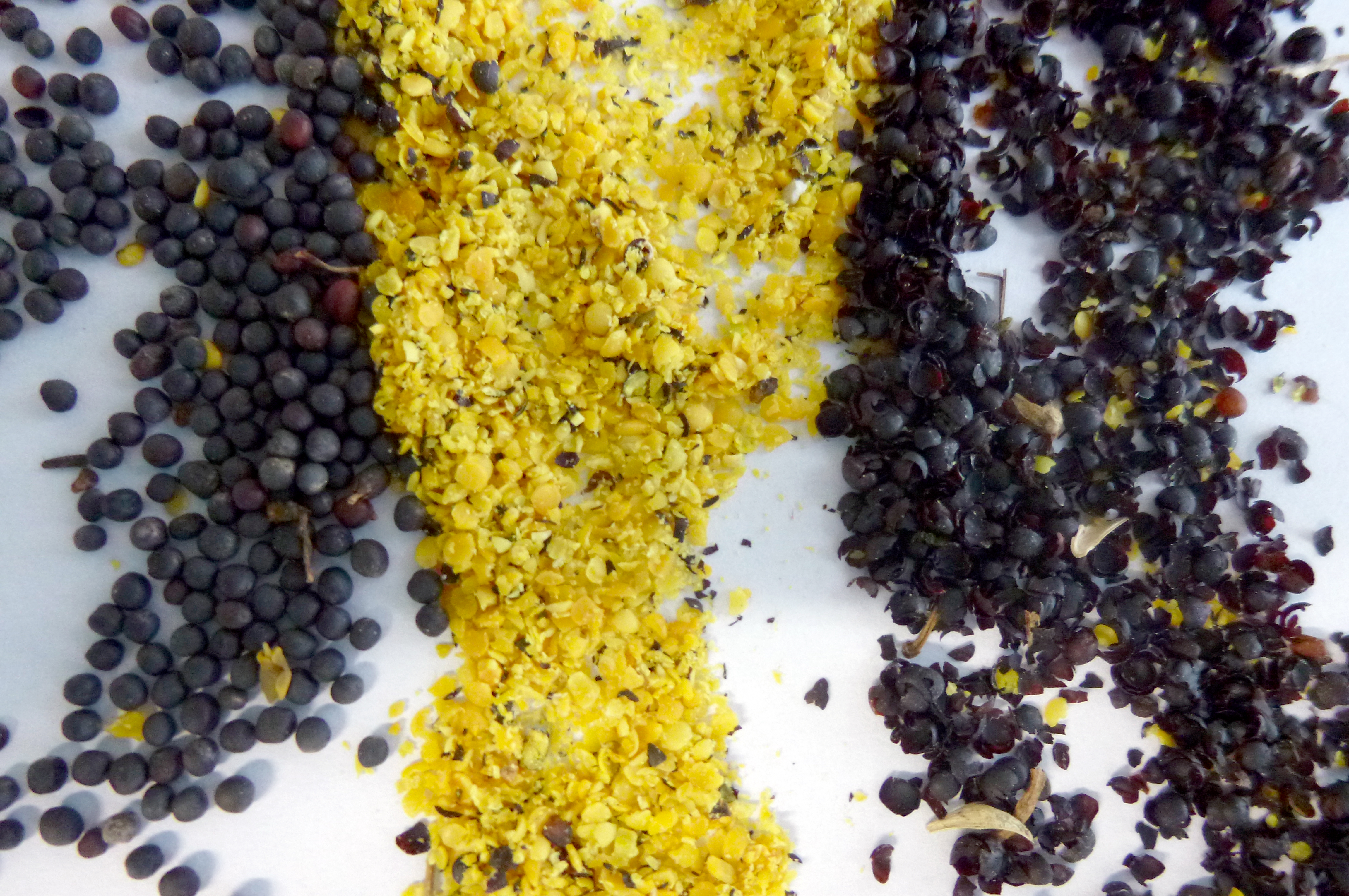

Digestion and fractionation processes for holistic use in biorefineries
The main aim is to establish processes for biorefineries in Germany and throughout Europe.
The focus is on digestion and fractionation processes
- material containing lignocellulose, such as wood or straw.
- and alternative processing lines for oilseeds.
We develop the processes on a laboratory scale and scale them up for transfer to pilot scale. In the field of biomass fractionation, we are developing new technologies and innovative processes for processing lignocellulose, polysaccharide and oil-containing substances in order to enable the holistic use of biomass, increase added value and obtain high-priced end products.
 Fraunhofer Institute for Interfacial Engineering and Biotechnology IGB
Fraunhofer Institute for Interfacial Engineering and Biotechnology IGB